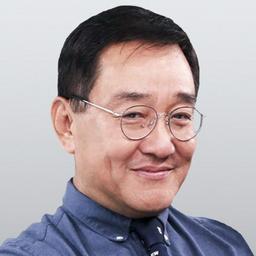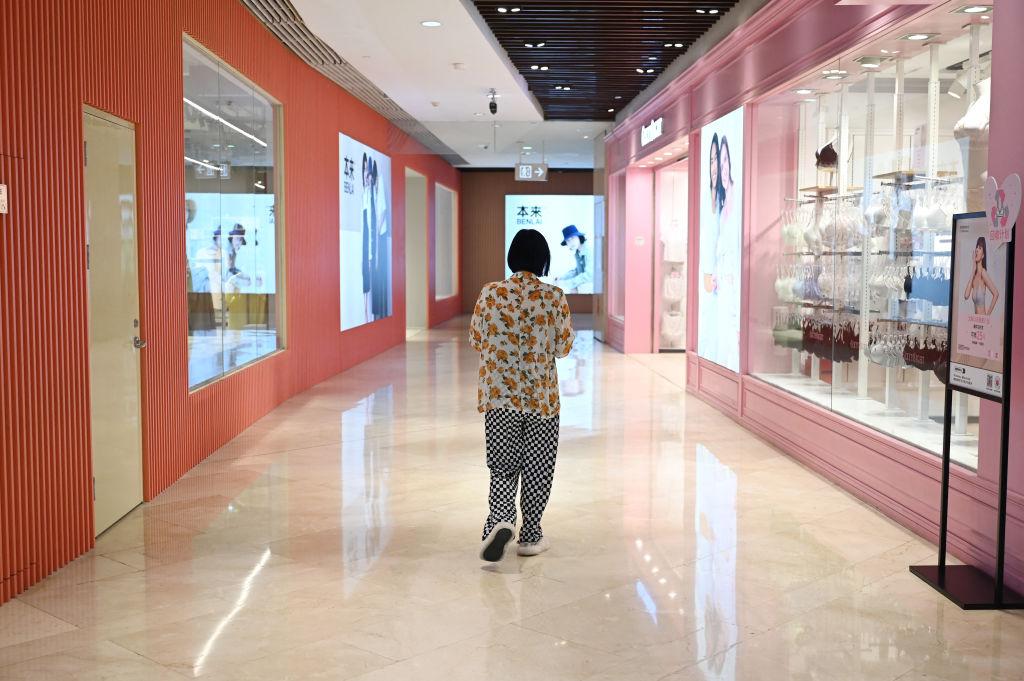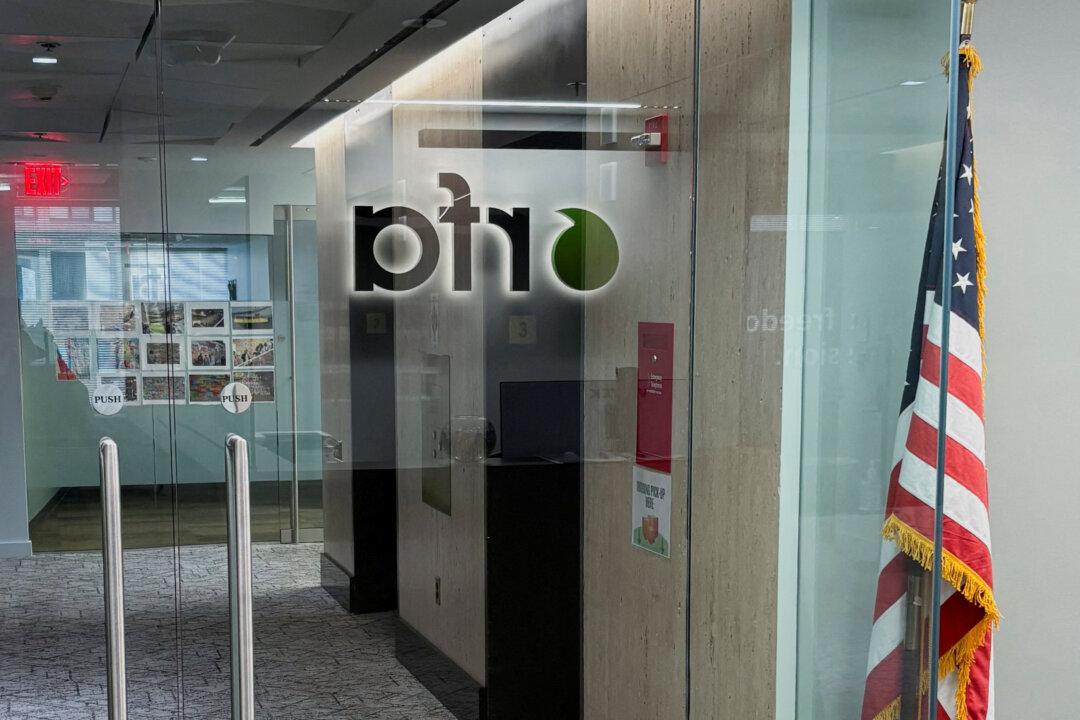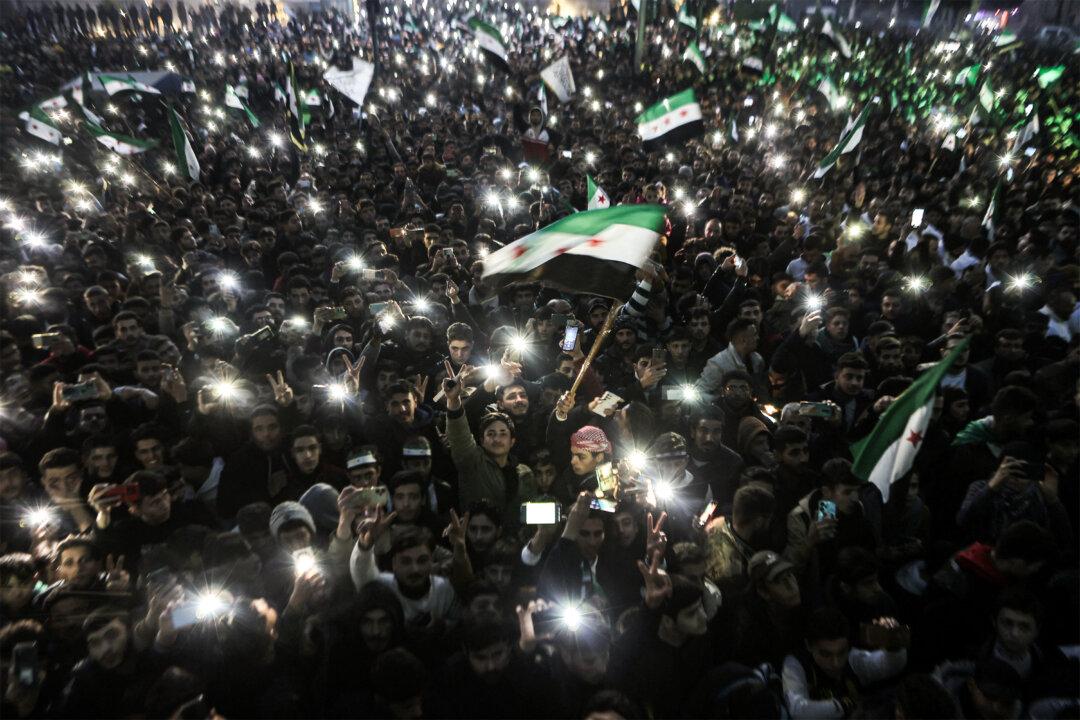Commentary
On Jan. 7 in the early morning, Hong Kong National Security Department dispatched more than 1,000 police to raid multiple homes and offices, and arrested 53 Hong Kong pan-democratic political activists. In March, the Hong Kong Department of Justice prosecuted 47 of them, accusing them of subverting state power, a charge based on the latest Hong Kong National Security Law.





